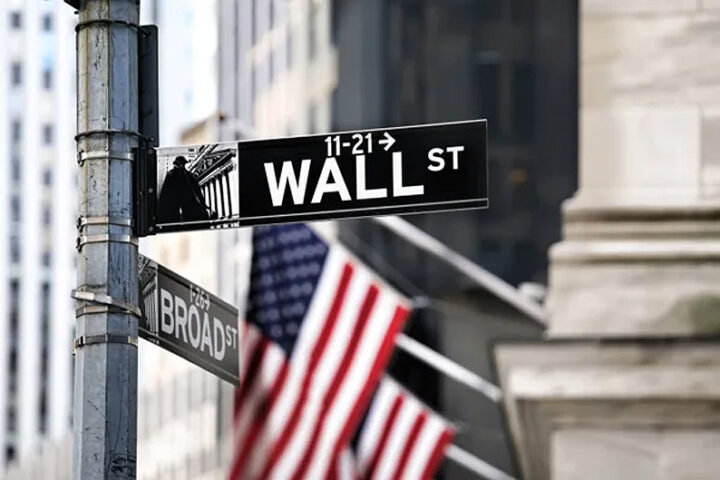.
By Oren Laurent
President, Banc De Binary
The ongoing political tensions in the Ukraine came to a head in November 2013 when then-president Victor Yanukovich rejected a trade agreement with the EU in favour of one with Russia. The result was less than flattering as masses of people took to the streets in protest. The political tensions run a lot deeper, especially since Vladimir Putin feels emboldened against what appears to be an increasingly benign American president. Moscow is reluctant to allow Western influence to encroach upon what it deems to be pro-Russian territory in the Ukraine. This manifests in an ideological battle between the prospect of a pro-NATO Ukraine and a pro Russia Ukraine. Analysts point to the fact that it may be premature to liken this scenario to the erstwhile Cold War tensions between Russia and the USA. What is crystal clear is that Moscow is determined to exert its authority in the region, regardless of Western opposition. It may well be that the Russians are looking to save face after a pro-Russian leader was ousted from power in the Ukraine. In any event, Russia is determined to protect the Russian minorities and all regions that were formerly under Soviet control. Russia has thousands of troops stationed in former satellite Soviet states – even to this day. Consider Georgia as a case in point.
On Saturday, 1 March 2014 the Russian parliament unanimously adopted a resolution to authorise the use of force, if so required in the Ukraine, to protect Russians in the region. Ukrainians complained vehemently that their sovereignty was being undermined by the Russian soldiers and occupation. Various scenarios have been painted in this unfolding drama, none of which offer a positive outlook if they come to fruition. For example, the Russians may decide to act in the event that their fleet in the Black Sea in Crimea is attacked. A Russian naval base has been stationed in that region for over 300 years.
Ukrainian officials have issued a stern warning to the Russians that any military incursion would be tantamount to an act of war. This comes hot on the heels of the Kremlin's decision to empower Putin to send Russian troops into Crimea. The reigning Prime Minister of Ukraine – Arseniy Yatsenyuk – declared that his country would safeguard its sovereignty from Russian intervention. As such, the Ukrainian military has been put on full alert, for the protection and preservation of the integrity of Ukraine. There is no doubt that the Russian President is usurping the current turmoil as an excuse to pour in military might into pro-Russian enclaves in the Ukraine. In Putin's defence, there are large Russian communities and populations scattered throughout the region. He is well aware that the new government is pro-Western, and this is a great source of embarrassment to the Russian prime minister. The new Ukrainian government is seeking closer ties with European states and the United States. Not only are they seeking political support, economic support and humanitarian support, they may also seek NATO assistance in the event of a conflagration. In spite of US Pres. Barack Obama's stern warning to the Russians that he's deeply concerned about the events in the Ukraine, the Russians are unlikely to take these threats seriously. US Secretary of State John Kerry recently said that there is no Cold War and that this is not Rocky 4. Buoyed by US reluctance to get involved militarily in any foreign conflict, the Russians appear to be digging their heels, bolstering their forces and prepared for whatever may come.
Much of the tension in the Ukraine is centred in the Crimea region. This is a region that is predominantly Russian speaking, and also the scene of a mini coup by gunmen who seized control of regional legislatures during the last week of February 2014. The pro-Russian premier – Sergey Aksenov is now in charge. Nikita Khrushchev ceded Crimea to the Ukraine in 1954. The region is home to 2 mln people with some 60% being ethnic Russians. In terms of overall figures, Russians comprise 17% of Ukraine's population of 7.65 mln people. The Kremlin overwhelmingly voted in favour of protecting these ethnic Russians in the Ukraine and that's precisely why Russia has been so swift in moving military might into the region. The new Ukrainian government has made it clear that Russians and pro-Russians in the Ukraine are not under any threat whatsoever. Details are sketchy on the ground, but neither side appears willing to budge. The Crimean region has already secured its key facilities with the Russian forces. The Ukrainian crisis has had an effect on the markets with traders rushing to buy gold as uncertainty looms in the days and weeks to come.
www.bancdebinary.com







